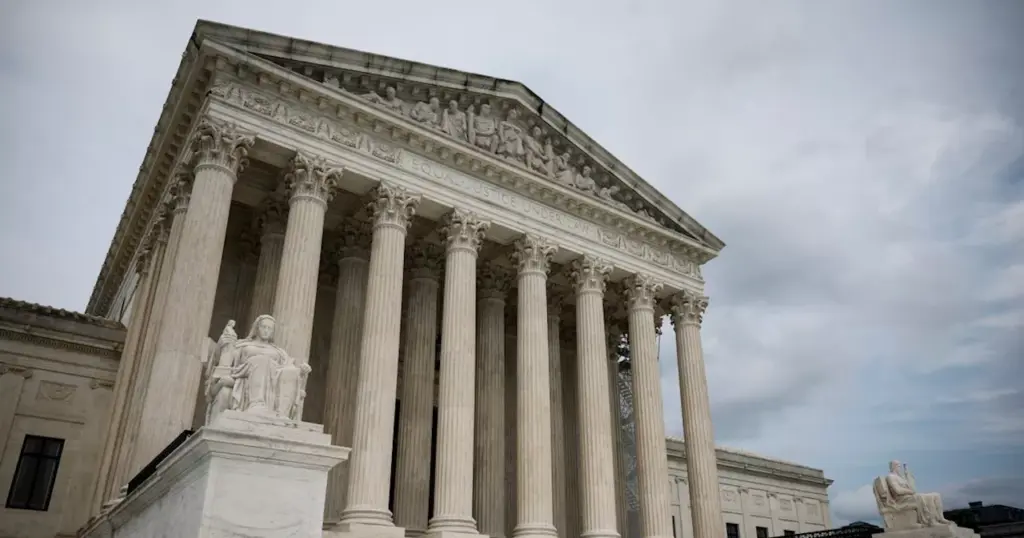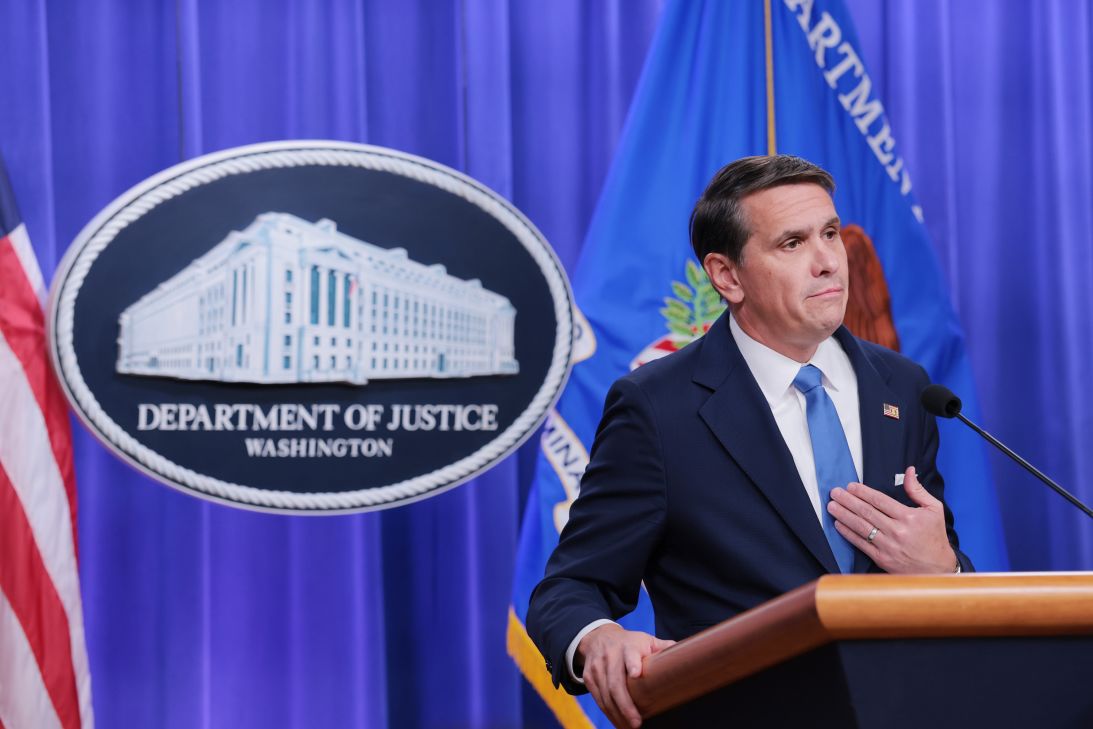
A federal court in New York has ruled that the Republican Party’s plan to cut funding for Planned Parenthood can proceed, a decision that is expected to significantly impact healthcare access for millions. This ruling allows the GOP’s initiative to defund the organization, which provides a variety of health services, including reproductive healthcare, to take effect as of January 2024.
The US Court‘s decision has been met with widespread criticism from healthcare advocates, who argue that the move disproportionately affects low-income individuals who rely on Planned Parenthood for essential services. According to the organization, approximately 2.5 million patients utilize its services each year, many of whom depend on Medicaid for coverage.
One of the most significant implications of the ruling is the projected loss of around $60 million in federal funding for Planned Parenthood. This funding is crucial for maintaining operations across various states, including Texas and New York, where the organization serves a substantial number of individuals seeking affordable healthcare options.
Political Ramifications of the Decision
The decision reflects ongoing political battles over reproductive rights in the United States. The GOP has long sought to limit funding for organizations that provide abortion services, framing their agenda as a means to protect taxpayer interests. However, opponents argue that this approach undermines public health by restricting access to necessary medical care.
Alexis McGill Johnson, the President of Planned Parenthood, emphasized the detrimental effects of this ruling. She stated, “This decision will have serious consequences for individuals who rely on us for healthcare. It is a direct attack on their rights and access to essential services.” The organization plans to appeal the ruling, seeking to protect the funding that many of its clinics rely on to operate.
Supporters of the funding cuts argue that taxpayer dollars should not support organizations that perform abortions. They contend that alternative healthcare providers can fill the gap left by Planned Parenthood. Yet, critics maintain that these alternatives often do not offer the same breadth of services, particularly in underserved areas.
Impact on Healthcare Access
Healthcare access is a pressing issue, particularly in rural and low-income communities where Planned Parenthood facilities often serve as the only available option for reproductive health services. The defunding could lead to clinic closures and longer wait times, exacerbating existing disparities in healthcare access.
The ruling comes at a time when reproductive rights are under increasing scrutiny. Several states have enacted laws aimed at restricting access to abortion and related services, leading to heightened tensions in the political landscape. As the GOP continues to pursue its agenda, the implications of this court ruling will be closely monitored by both supporters and opponents of Planned Parenthood.
The ongoing debate over healthcare funding and access is likely to remain a pivotal issue as the country heads into the 2024 election cycle. With the court’s decision setting a precedent, advocates for reproductive rights are gearing up for a challenging battle ahead.






